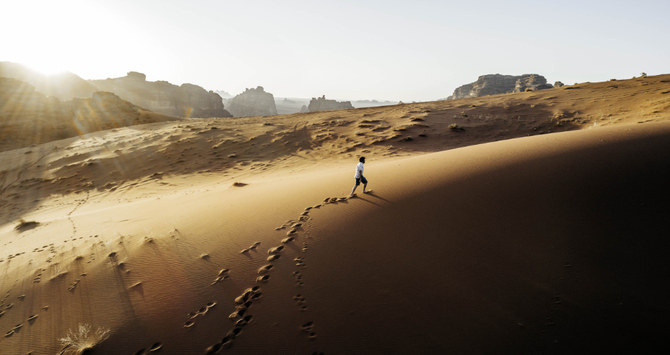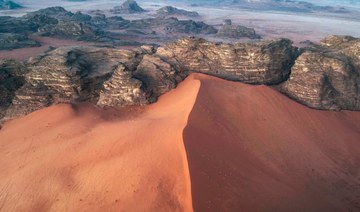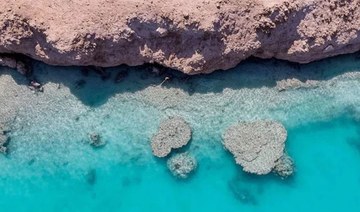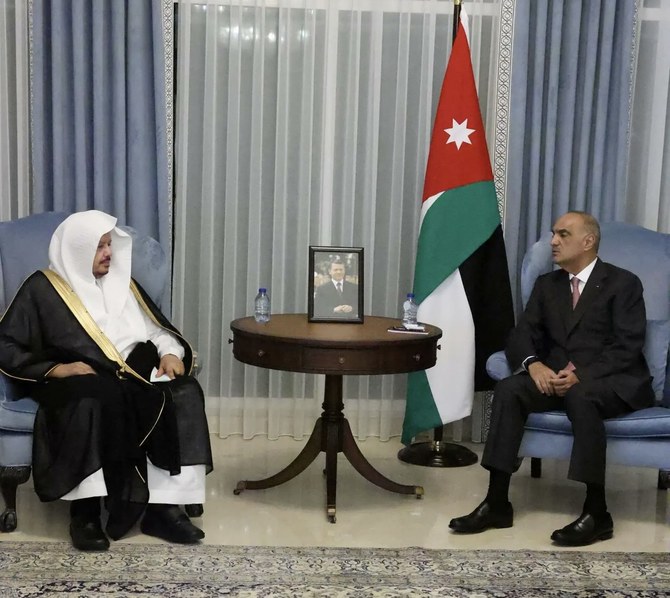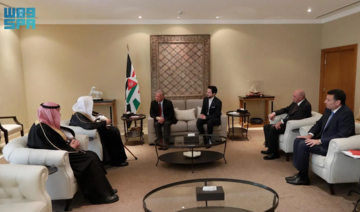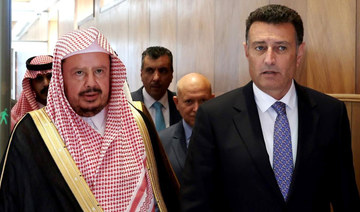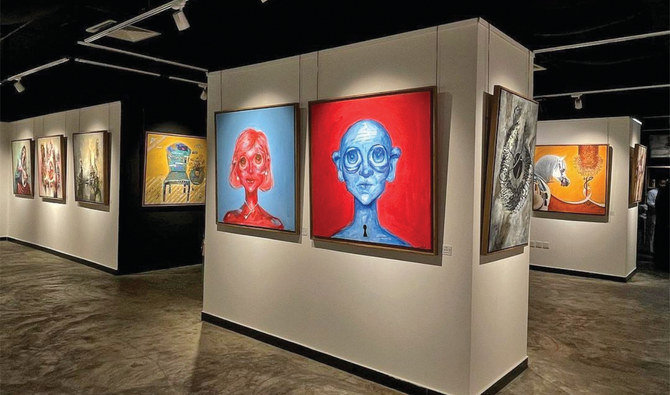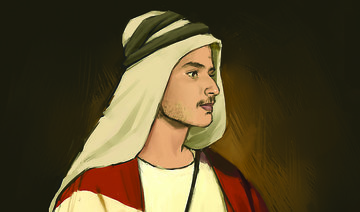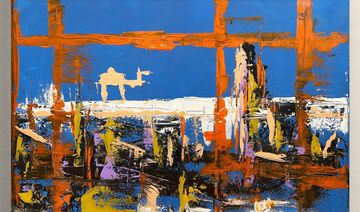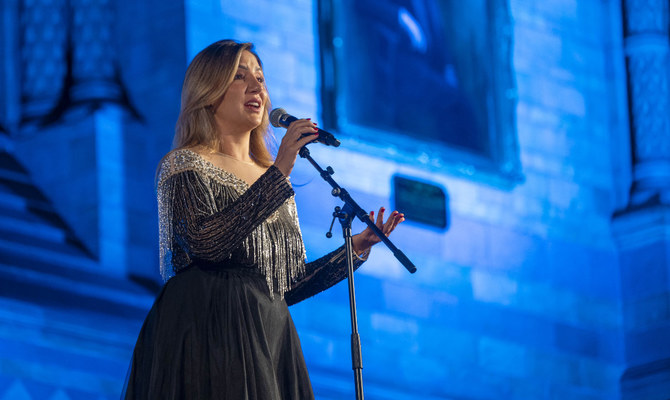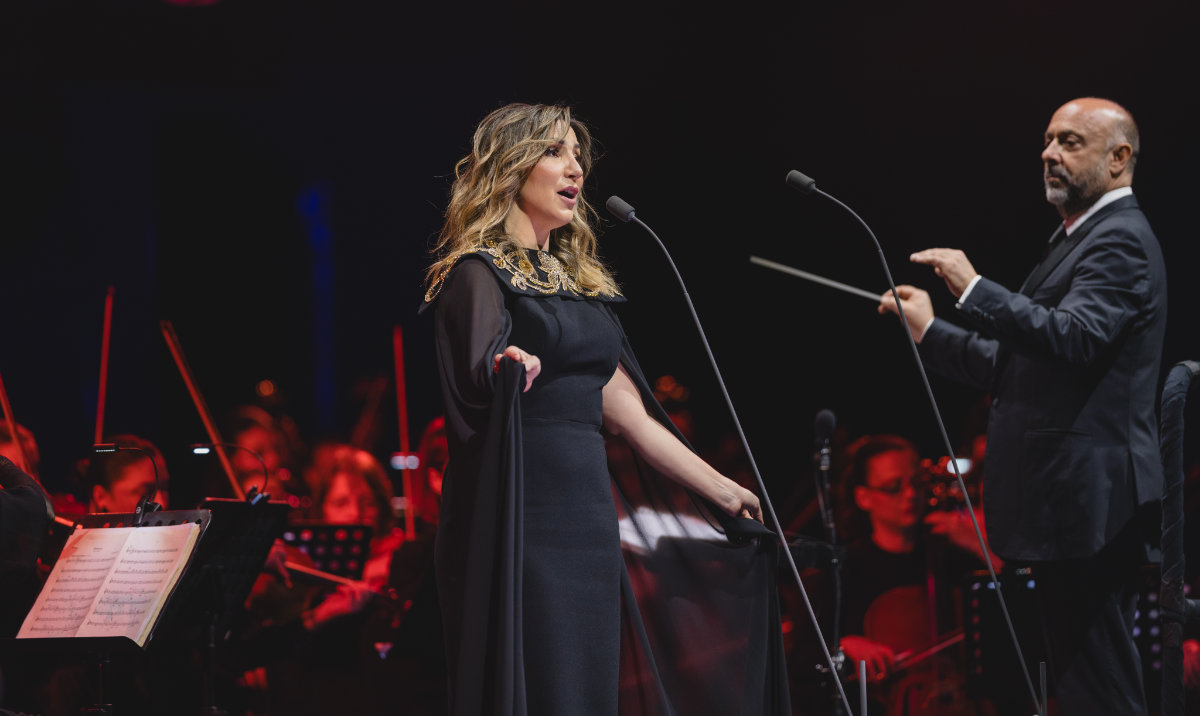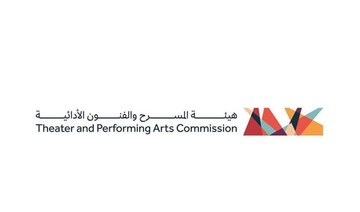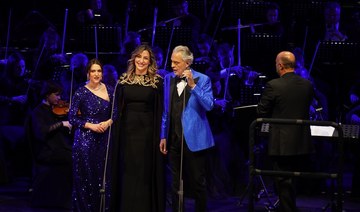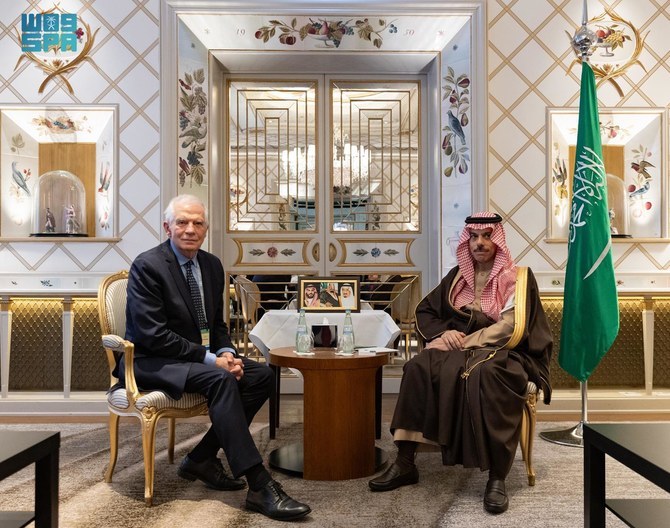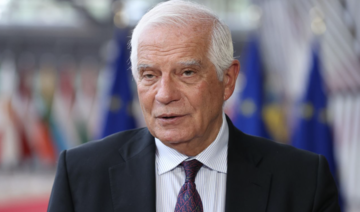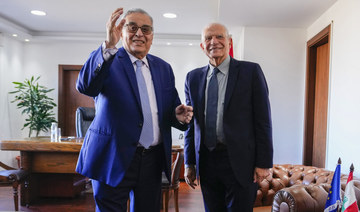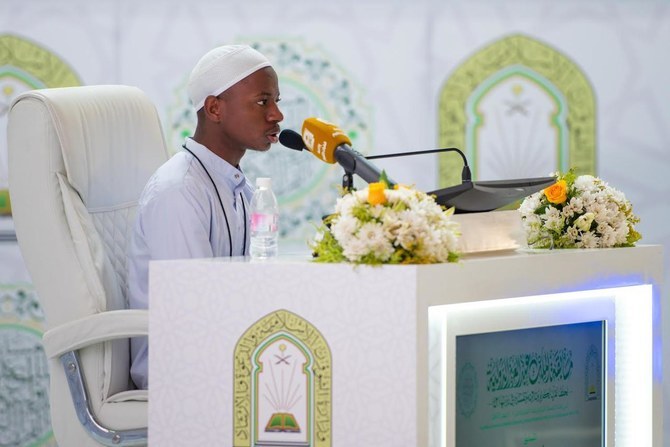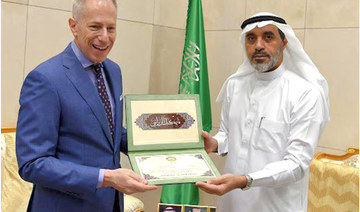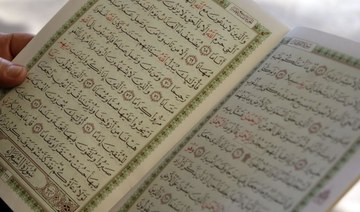JEDDAH: The launch of The Line — a revolutionary 170-kilometer, zero-carbon, urban-development project featuring several of hyper-connected communities — sparked massive interest worldwide when it was unveiled this week. It is also proving hugely popular among Saudis, who see it as their nation’s most ambitious project to date.
Arab News spoke to some of the experts who played vital roles in developing the Kingdom’s infrastructure to find out why The Line is so significant and what sets it apart from other smart-city projects, and to provide deeper insight into the innovations at the heart the wider NEOM project, a futuristic $500 billion megacity development.
Saudi engineer Faisal Abdul Aziz Abdullah Alzaibag has more than 12 years of experience in the management and implementation of megaprojects, and professional qualifications in planning smart cities from the Massachusetts Institute of Technology (MIT). He believes The Line represents a glimpse into the future of the world.
“More humans live on earth than ever before and cities are obliged to cope with our new demands,” he said. “At our current rate of expansion — and with how cities are designed today — studies show that in the very near future, cities will just not have the capacity to sustain.”
He said that it is great to see Saudi Arabia launch such a pioneering, “globally unmatched” project as The Line.
“The Line stands alone as the first smart-city project where today’s breakthrough science and engineering technologies are brought to life in the pinnacle of what a smart city is: a city that embodies redefining design, innovation and technology, built on the five new pillars that make a city a smart one — proximity, density, diversity, mobility and sustainability,” he added.
As an expert in his field, Alzaibag said it is very exciting that Saudi Arabia is at the forefront of tackling urban problems and pioneering a shift toward the smart cities of the future.
Contrary to popular belief, he said, the automobile revolutions of the past expanded cities so much that they became unsustainable, and adversely affected living conditions.
“This also made cities take a Euclidean zoning, or single-use zoning, (approach) that results in unsustainable loads on our infrastructure, energy and transportation and mobility trends, among other fundamental matters,” he explained. “This is why ‘smart application’ today calls for a change.
“The paradigm shift long sought by engineers and city planners is to revamp cities and their definition, to treat all those problems using new avant-garde design strategies and engineering applications that move us through our living cities from far-away single-use zones to closer multi-use zones; hence the 5-minute walk (concept of pedestrian mobility in modern urban design).”
Stressing the importance of the five pillars he mentioned, Alzaibag said that The Line offers a new template for what a smart city should be, and its resultant “effect on livability.”
“As a practitioner I know we are on the edge of the future and I can’t wait for Saudi Arabia to be the first to carry this through,” he added.
There will be no roads or cars in The Line, which positions it to be the first smart-city project to solve a problem known as the fundamental law of congestion. This states that when huge amounts of money are spent on new roads to cope with expanding cities and increasing traffic, within about five years the amount of traffic has increased in proportion to the added infrastructure — and so everyone is back to square one.
Alzaibag also highlighted the importance of NEOM’s plans to use efficient renewable energies and adopt decentralized infrastructure systems that use micro-grids for power. This means units will be fully self-sustainable, which is a major departure from the traditional heavily centralized and costly energy infrastructure widely used today.
A zero-emissions city built around nature, without cars or roads, represents a modern way of thinking about integrating developments with the natural environment rather than replacing it.
“As a designer, it’ll be interesting to see if the city forms a chain of superblock clusters connected via an efficient mass-transit system,” Alzaibag said. A smart and efficient transit system will make travel easier and give residents a chance to reclaim personal time they can use to improve their health and wellbeing, he added.
“I see The Line as being resilient, relating to the economic concept where blockchain and fractionalized ownership could change our definition of how we understand multipurpose and multiuse space and real estate,” he said.
The Line’s communities will be cognitive, meaning that they will “learn” through constant interaction with their residents to become more efficient, sustainable and resilient. This will be powered by artificial intelligence, and the aim is to use an estimated 90 percent of available data to enhance infrastructure capabilities — far beyond the 1 percent typically utilized in existing smart cities.
Tom Hudson, the managing director of strategic advisory firm Kestrel Global and an advisor to some of the world’s most innovative tech companies, attended the unveiling of NEOM during the first Future Investment Initiative in Riyadh in 2017, and has toured the site.
“It is quite literally a blank canvas, which stretches from the Maldivian-style islands in the crystal clear waters of the Red Sea in the West, across the desert, to the mountains in the East,” he said.
NEOM is essentially “a country within a country,” he added, and because it being built from scratch it brings with it a wealth of opportunities.
“For the past three years almost all my tech clients, whether they be in mobility, energy or waste, for example, have had fascinating conversations with the various NEOM divisions about making the vision a reality,” he said.
“The announcement (of The Line, which) puts the planet and people at its heart, is an exciting moment in the story of what is one of the biggest projects in the world. I believe that this will truly be a beacon to show the rest of the world how humans can live alongside nature in a totally sustainable way, with technology allowing residents to optimize their lives with minimal impact on the environment.”
All of the energy used by NEOM will be 100 percent renewable — including solar, wind and hydrogen-based power generation — to ensure clean, pollution-free urban environments.
Groundbreaking technology provided by the company Solar Water will help NEOM achieve its aim of revolutionizing the process of desalination.
In an exclusive interview with Arab News, Solar Water CEO David Reavley said that it “felt great to be a part of the entrepreneurial process and innovation” in Saudi Arabia.
He added: “Our game-changing desalination technology is 100 percent carbon-neutral and entirely sustainable. In NEOM we have found a partner that has a strong vision of what a new future looks like, in harmony with nature.”
NEOM could therefore play a key role in solving one of the world’s most pressing problems: the lack of access to fresh water for many people. More than a billion people around the world do not have access to clean water every day, so the Solar Water/NEOM desalination project will serve as a test case for other water-scarce countries that struggle to produce environmentally safe and sustainable sources of fresh water.
Construction of The Line is scheduled to start in the first quarter of this year.
“It is a great moment of pride for me,” said Salma Al-Sheikh, a professor in Jeddah: “What I love most about Vision 2030 is that it is not just about having the greatest ideas, but that it incorporates human welfare.
“The Line aims to create 380,000 jobs and contribute SR 180 billion ($38 billion) to domestic GDP by 2030. I see a lot of opportunities for Saudis in fields beyond our imagination.”
NEOM is the brainchild of Saudi Crown Prince Mohammed bin Salman, and a crucial part of Saudi Vision 2030, which aims to diversify the Kingdom’s economy and play a leading role in global development.



